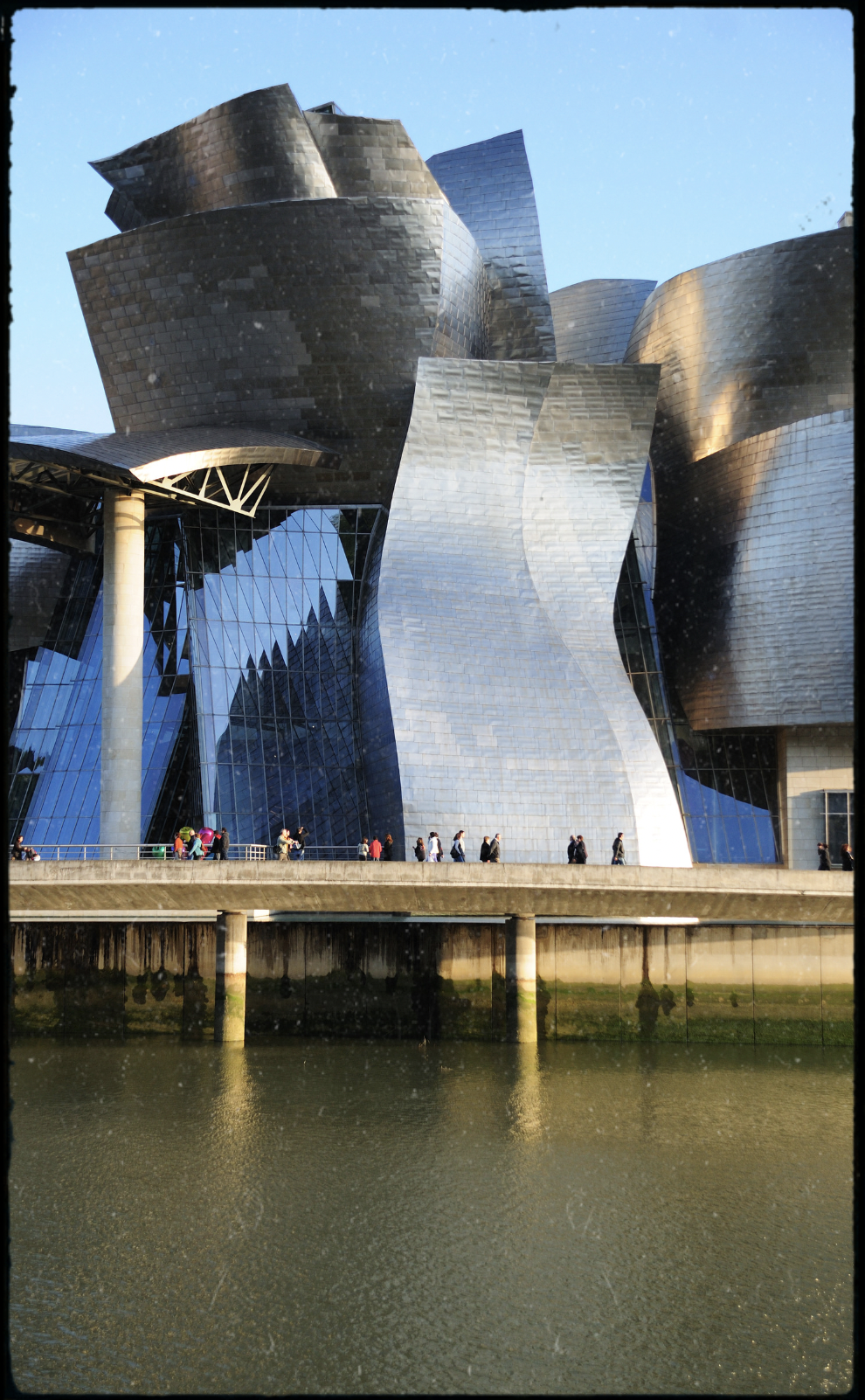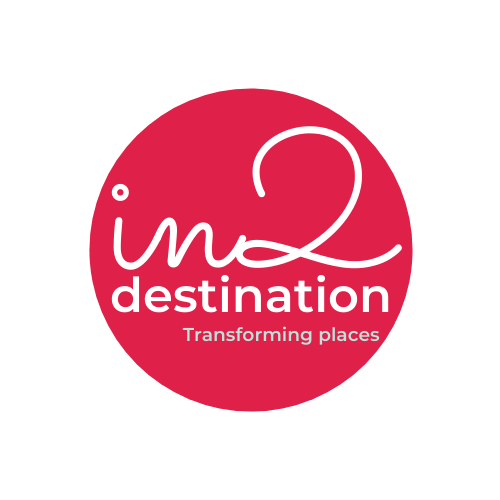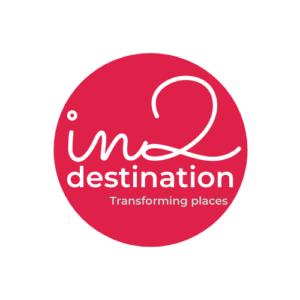Venice, Barcelona and Bilbao take action …
… on very complex issues for the sustainable management of tourist flows
As you know, IN2destination stands for tourism sustainability, and this needs courage to be implemented. That is why we want to highlight here three initiatives from three cities that are different in many ways but all have visitor flows that they want to better understand and manage. In fact, within the visitor flows, those of excursionists are always the ones for which we have the least information on characterization, volume, spending, etc., and at the same time they are usually the most abundant.
Venice, for example, has just taken measures again in relation to hiking. A few months ago it finally took the decision to implement the restriction of access to large cruise ships. This tackles a very relevant environmental problem on the one hand and on the other hand reduces the volume of same-day visitors in the city significantly. Now, from August 1, 2022, it will test a system that involves a charge of 3 to 10 euros to same-day visitors (who visit the city without staying overnight). The idea that the city is moving from the city is to penalize last-minute decisions to visit Venice for a few hours and penalize even more when you choose to come on dates in which their systems of monitoring the influx based on cameras indicate that they are very busy days.

The collection of the system is intended to reduce the weight of the waste management fee that residents have to pay, when it is clear that the floating population generates more waste than the permanent population, since the latter is minimal. Depending on the results of these tests, the system will be definitively implemented as of January 16, 2023.
From IN2destination we find it interesting to know the results of this test because the access points are multiple, uncontrollable, having staff to record these charges at numerous points of the city is costly, and finally for those who do not know Venice these fees seem quite affordable especially once you are already there. That is to say, it is not a border point with customs controls and with the possibility of implementing the criticized hot returns. Therefore, it seems a system that literally seeks and may manage to encourage advance booking, in less crowded dates and raise some funds that hopefully cover the cost of implementing the collection system itself. But it does not seem evident that in the short term this would imply a reduction in the flow of hikers per se. Moreover, after the cruise ship passengers, we know from our research experience in this city that the flows of tourists staying in tourist housing type accommodations are very significant, and this measure being tested does not address that problem. Therefore, the city would continue with high flows of tourists and excursionists, we also recognize the effort that is being made because without this courage to do these tests you do not get to find solutions that work.

Another case to follow the track is that of our own city, Bilbao. From the city council will conduct a study that will analyze the guided tours this summer 2022, specifically the study seeks to analyze the audio systems used, the number of people per group and tours, which largely ensures the quality of the experience for both the resident and the visitor, to avoid unfair competition and historical rigor so that tourism has the level it deserves.
The intention is that in light of the results, this activity can be regulated to manage noise, flows, quality of the experience, among other factors. We find it very interesting to know the results of the analysis because clearly there are issues of unfair competition that occur, sometimes too large groups, devices that cause noise, when there are other systems that only the group with its headset knows what the guide indicates and favors the least impact on the daily life of residents, among other issues. Again, we praise the action of the destination for not wanting to wait for the wide range of guided tours to be a problem but to anticipate it.
In this same line, Barcelona is already in the next step because it has already signed an agreement with 800 guides to limit tourist groups to a maximum of 15 tourists per guided group in all its neighborhoods except the Raval, and 30 in the rest of the city, also prescribes the use of audio guides to reduce the acoustic impact of the explanations and streamline the mobility of tourists and other pedestrians. From IN2destination we are very interested to know what tangible impact this has on the coexistence, the expectations are very positive.
In short, we welcome all initiatives that not only measure, but also act, even in trial and error mode.

We must be brave, promote the professionalization of the sector, improve the management of flows, enhance the value of natural or cultural heritage, tangible or intangible, improve the experience of residents and visitors, among many other aspects of the challenge of sustainable tourism to become increasingly intelligent, competitive and inclusive territories.


